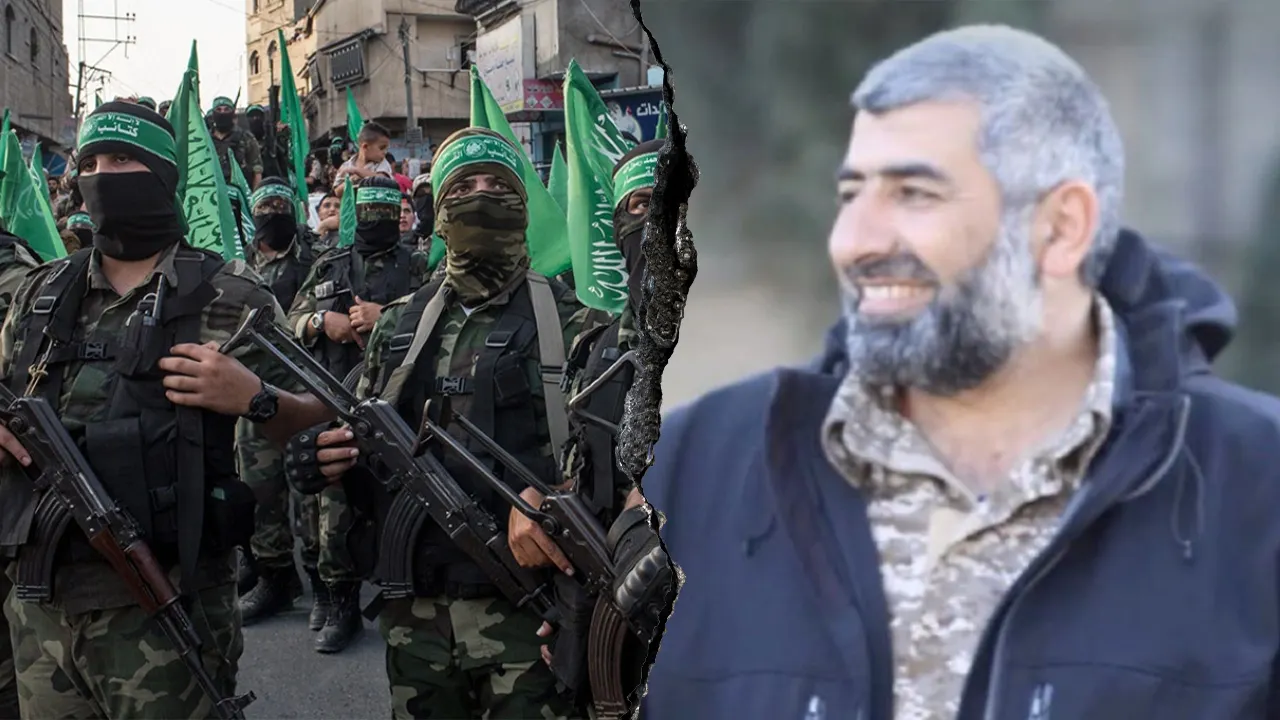OCHA said unrestricted flow of essential supplies into Gaza must be enabled to address hunger and curb starvation, and humanitarians must be allowed to deliver aid safely and efficiently.
UNITED NATIONS, June 27 (Xinhua) -- Amid "draconian constraints" on UN-led aid operations in Gaza's dire situation, four more relief workers were reportedly killed, UN humanitarians said on Friday.
The UN Office for the Coordination of Humanitarian Affairs (OCHA) said it "continues to warn of the dire conditions on the ground in the Gaza Strip amid ongoing hostilities, dwindling supplies, and draconian constraints on the UN and its humanitarian partners' ability to operate."
OCHA said that as airstrikes continued across Gaza, four more aid workers were reportedly killed over the past 24 hours, three in southern Gaza and one in the north. And aid entering Gaza is a mere trickle of what is needed to address the immense humanitarian needs of more than 2 million people.
"The UN reiterates that to address hunger and curb starvation, the unrestricted flow of essential supplies into Gaza must be enabled over a sustained period of time," OCHA said. "Moreover, humanitarians must be allowed to deliver aid safely and efficiently, through multiple crossing points and via all available corridors."
OCHA said that under international humanitarian law, civilians, aid workers, medical staff and medical facilities must be protected.
The UN and its partners traditionally distribute aid at the community level rather than using the method employed by the Gaza Humanitarian Foundation (GHF), which announced its system of only four distribution points for the entire strip in militarized zones one month ago. The GHF is operated by U.S. security contractors and is approved by the Israeli government.
OCHA has repeatedly reported on deaths occurring as Palestinians rushed to the new hubs for food. Locals said they came under gunfire while attempting to get food at the non-UN sites.
There were published reports on Friday that the GHF accused the world body of disseminating disinformation about its operations.
UN Secretary-General Antonio Guterres was asked about the allegation during an encounter with reporters.
"We didn't invent the images everybody has seen," he replied, referring to pictures of civilians in Gaza killed and wounded while trying to get food at GHF sites.
The World Food Programme (WFP) reported on deepening food insecurity in the strip.
The WFP Market Monitor said that food consumption in Gaza reached a critical low this month, with dietary diversity dropping to its lowest level since October 2023, when the war broke out. Over 95 percent of households are experiencing severe financial hardship, with widespread cash shortages making it nearly impossible to purchase food.
Along with the food shortage is a lack of water, fuel, schooling and shelter materials.
"Partners working to provide water, sanitation and hygiene support stress that water production has dropped to some of the lowest levels since October 2023," OCHA said. "Currently, only 40 percent of drinking water facilities are functional, and fuel shortages are pushing water systems to the brink of collapse."
The office said its humanitarian partners report that by mid-June, 93 percent of households in Gaza faced water insecurity, which also exacerbates public health risks.
OCHA said that on Friday, yet another UN mission to retrieve fuel in southern Gaza was denied.
"Unless additional fuel enters Gaza in the coming days, more lives will be at risk, as health and other life-saving facilities could face a total shutdown," OCHA said. "At water, sanitation and hygiene facilities, equipment that requires continuous operation could sustain irreversible damage if those systems are forced offline due to fuel shortages."
The humanitarians' education partners report that they can reach less than a quarter of Gaza's school-age children with essential support, as hostilities take an immense psychological toll.
"The vast majority of children and young people lack access to education, amid ongoing displacement orders and extensive destruction of school buildings, threatening the future of an entire generation," the partners said. "Since the collapse of the ceasefire in March, at least 46 incidents involving attacks on schools have been recorded, resulting in civilian deaths and extensive damage."
OCHA said its partners working on shelter warned that more than 1.3 million people are urgently in need of shelter assistance.
"The entry of essential items, including tents, tarpaulins, plastic sheeting, timber, tools and household items, is critical. But the UN and its partners have been barred from bringing in shelter materials for more than 16 weeks," OCHA said. ■













